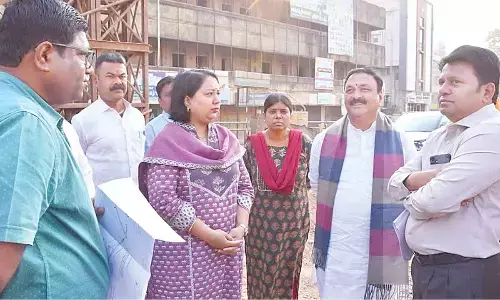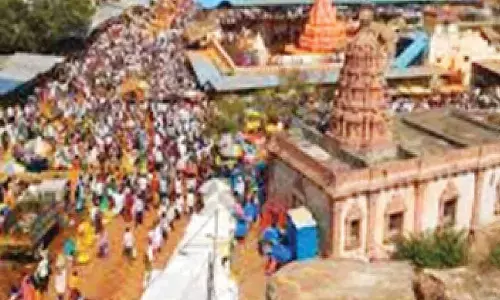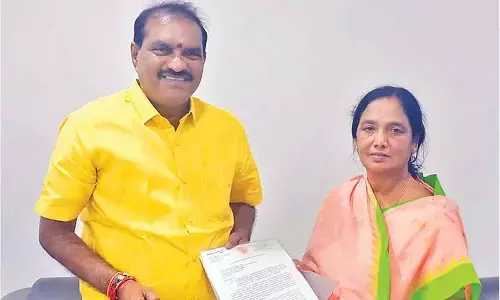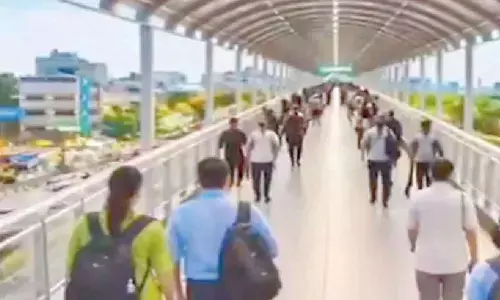Will lay down pan-India guidelines, says Supreme Court
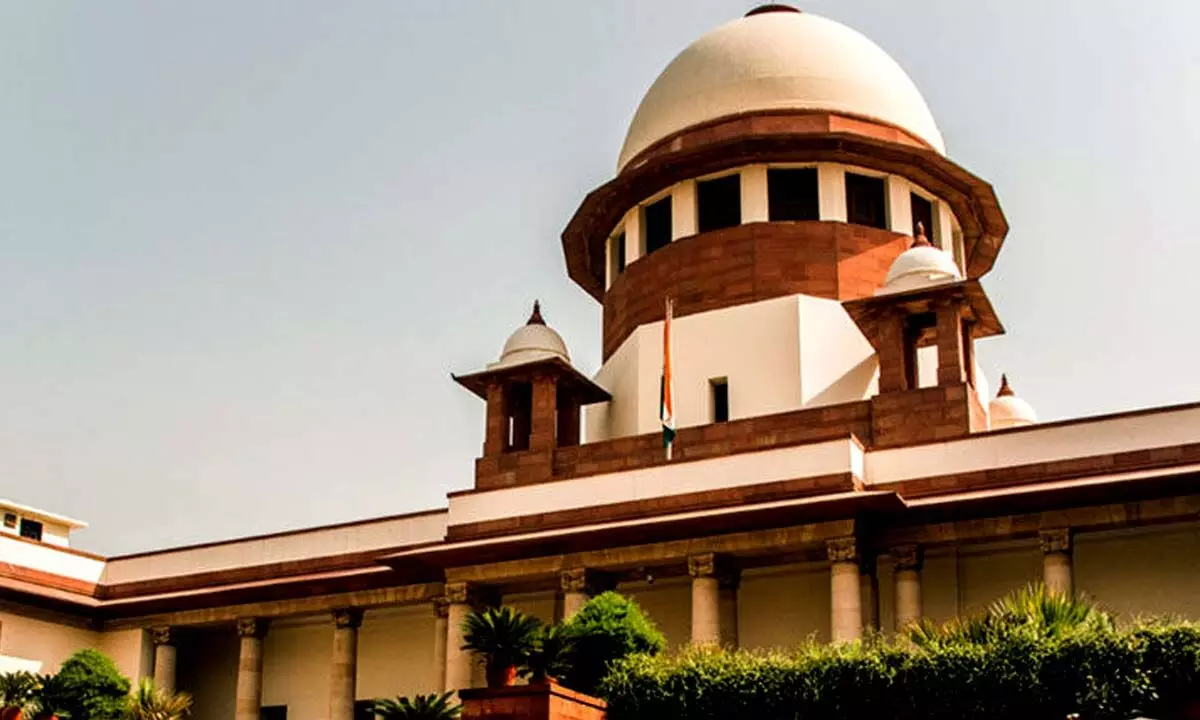
Supreme Court of India
The Supreme Court on Tuesday said it will lay down pan-India guidelines on demolition of properties and any religious structure in the middle of a road, be it a 'dargah' or a temple, "has to go" because public interest is paramount.
New Delhi: The Supreme Court on Tuesday said it will lay down pan-India guidelines on demolition of properties and any religious structure in the middle of a road, be it a 'dargah' or a temple, "has to go" because public interest is paramount. Observing that merely because somebody is an accused or even a convict cannot be a ground for demolition of property, the apex court reserved its verdict on a batch of pleas which have alleged that properties, including of those accused of crime, were being demolished in several states. A bench of Justices B R Gavai and K V Viswanathan said unauthorised construction made by any person, irrespective of his religion or belief, has to be removed.
The bench said its September 17 order, which had said there will be no demolition of properties till October 1 without its permission, will continue till it decides the matter. “Whatever we are laying down, we are a secular country. We are laying it down for all the citizens, for all the institutions, not for any particular community,” the bench said.
“On the first day we had pointed out, if there is any religious structure on the middle of a road, may it be a ‘dargah’ or some temple, it has to go because public safety and public interest is paramount,” it said. The bench also observed that there cannot be a different law for a particular religion. “We are going to make it clear that merely because somebody is an accused, or even somebody is a convict, can’t be a ground for demolition,” it said. The apex court made it clear that it will not protect any encroachment on public places, roads, footpaths, government lands, forests, water bodies and the likes. “Whatever directions we issue, it will be applicable pan-India,” it said, adding, “We will take care to ensure that our order does not help the encroachers on any of the public places.”
During the hearing, the bench observed that notices for demolition of properties be sent through registered post to the owners and it should also be displayed on an online portal so that a digital record is there. It also observed that judicial oversight may also be required over the correctness of order passed by the authorities.
The bench suggested there should be a time window of 10 or 15 days between the order of demolition and its implementation so that people can make alternate arrangement. “… it is not a happy sight to see women and children on the roads,” the bench observed, adding, if demolition is done after 15 days, nothing is going to be lost.
The top court was hearing the petitions filed by Jamiat Ulama-i-Hind and others seeking directions to various state governments to ensure no further demolition of properties of those accused in cases of rioting and violence takes place. The Jamiat Ulama-i-Hind had earlier filed a plea in the apex court over the demolition of some buildings in Jahangirpuri area of the national capital.



